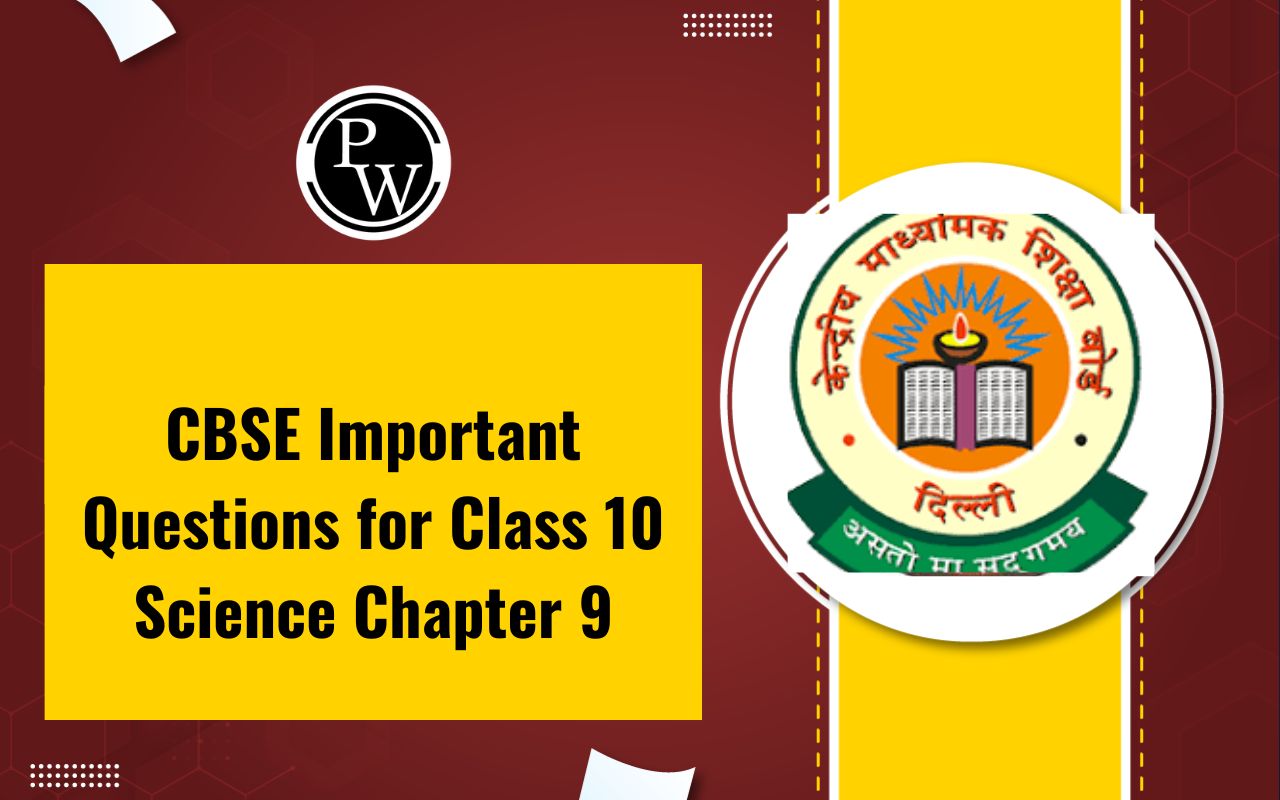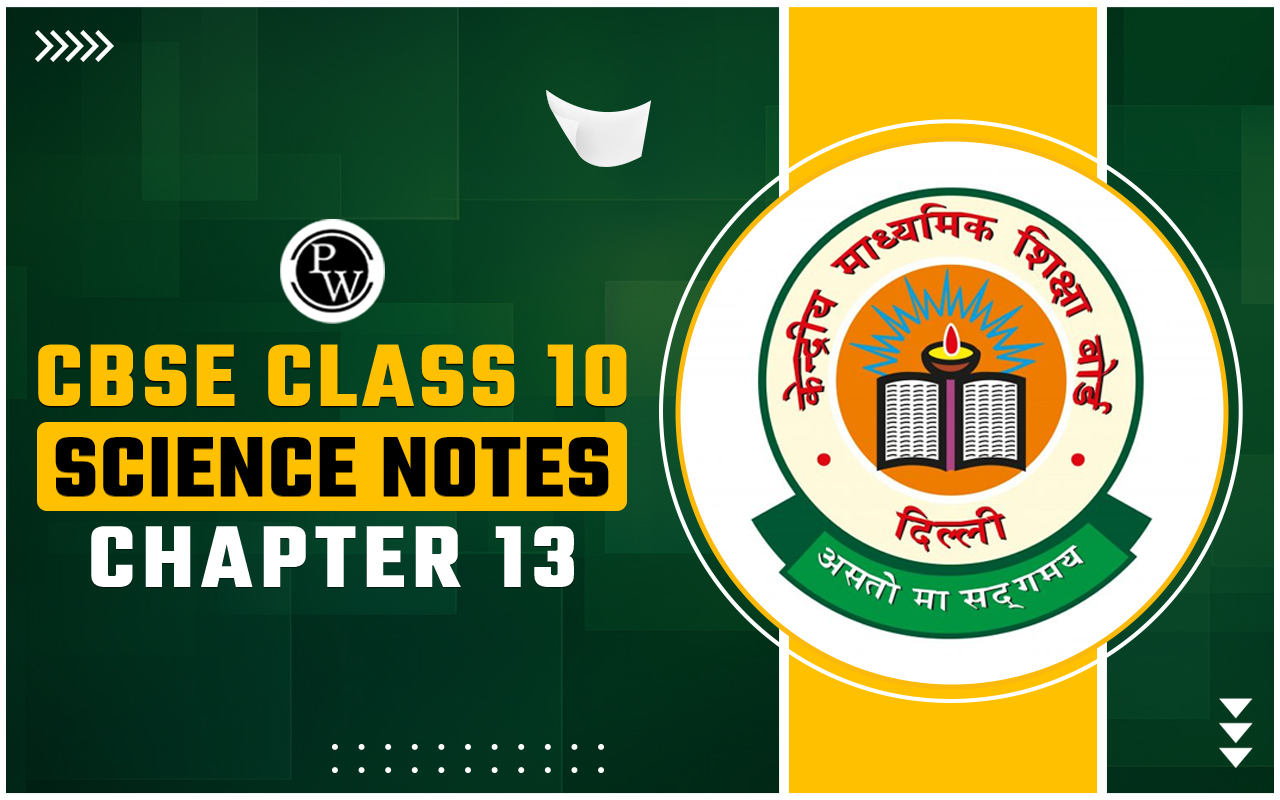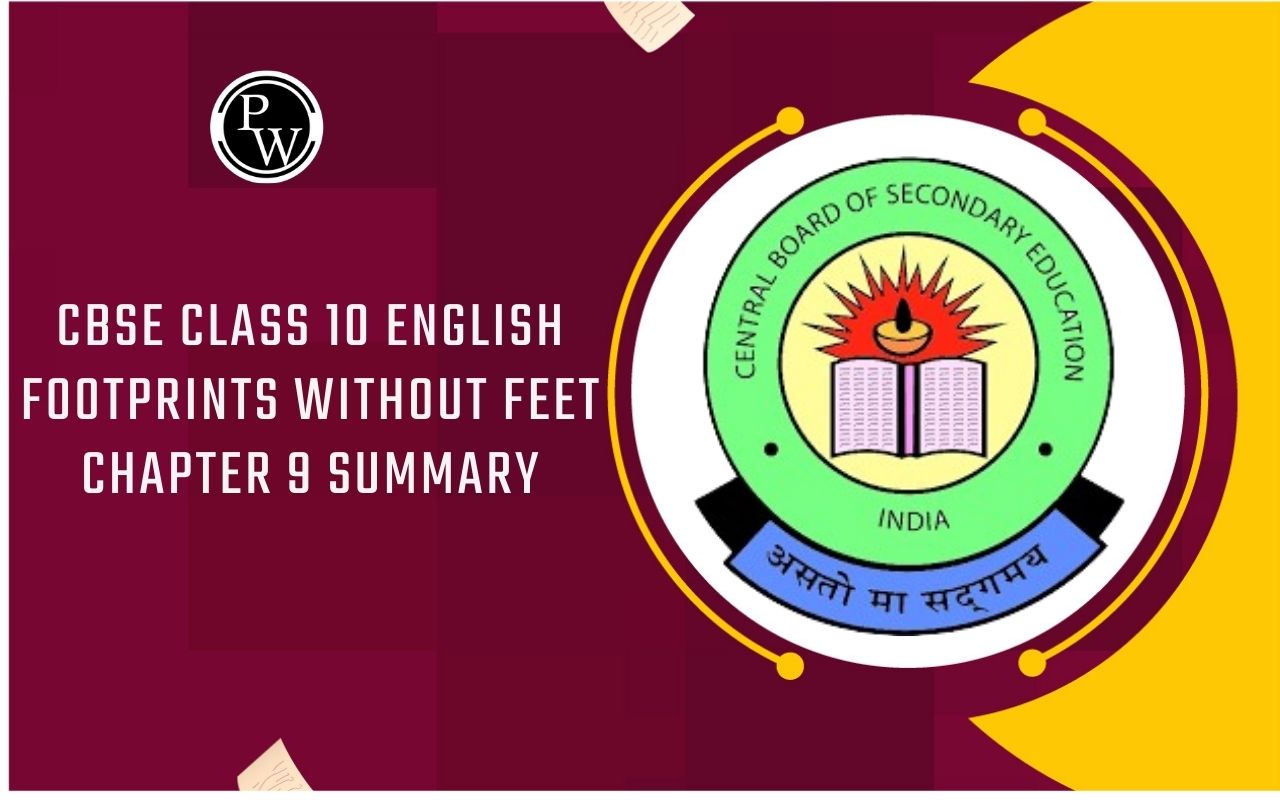
30 Day CBSE Class 10th Study Plan: A 30-day study plan for CBSE Class 10 board exams is important for students looking to enhance their performance during this critical time. This plan should emphasize revising key subjects, practicing previous years' question papers and addressing any weak areas.
By breaking down the syllabus into manageable sections and establishing daily and weekly targets, students can maintain focus and motivation. It’s crucial to prioritize high-weightage topics, ensuring a solid grasp of important concepts while regularly solving sample papers to improve familiarity with the exam format. Balancing intensive study sessions with adequate breaks will help prevent burnout and maintain energy levels. This structured approach will not only boost confidence and set you up for success in the CBSE Class 10 board exams.Why Create a CBSE Class 10th Study Plan?
Creating a study plan for CBSE Class 10 is important for several reasons:Structured Learning : A study plan provides a structured approach to cover the entire syllabus systematically. It helps students allocate specific time slots to each subject, ensuring that no topic is overlooked.
Time Management : With a well-defined schedule, students can effectively manage their time. This helps them balance study sessions with breaks, extracurricular activities, and relaxation reducing the risk of burnout.
Focused Preparation : A study plan encourages students to focus on high-priority topics and areas where they need improvement. This targeted approach enhances understanding and retention of key concepts.
Consistent Revision : Regular revision is important for retaining information. A study plan incorporates scheduled revision sessions, allowing students to revisit previously covered topics and solidify their knowledge.
Stress Reduction : The pressure of impending exams can be overwhelming. A study plan helps alleviate anxiety by breaking down the preparation process into manageable tasks, making it feel less daunting.
Goal Setting : By setting daily and weekly goals, students can track their progress and celebrate small victories. This boosts motivation and keeps them committed to their study routine.
Effective Resource Utilization : A study plan encourages students to use their study materials, such as textbooks, notes and online resources, efficiently. This ensures they have a well-rounded understanding of the subjects.
Confidence Building : Following a structured study plan helps build confidence in students as they see themselves progressing. A clear preparation path allows them to approach their exams with a positive mindset.
| CBSE Class 10 English Sample Paper 2024-25 | CBSE Class 10 Maths Sample Paper 2024-25 |
| CBSE Class 10 Social Science Sample Paper 2024-25 | CBSE Class 10 Science Sample Paper 2024-25 |
CBSE 10th 30 Days or 1 Month Study Plan for Upcoming Board Exam 2025
Creating a 30-day study plan for the CBSE Class 10 board exams is important for effective preparation and maximizing performance. This structured approach helps students manage their time efficiently, cover the syllabus comprehensively and build confidence leading up to the exams.Days 1-5: Understand the Syllabus and Create a Foundation
- Mathematics (3 hours): Familiarize yourself with the entire syllabus. Focus on major topics such as algebra, geometry, and statistics. Solve NCERT exercises from each chapter.
- Science (3 hours): Review the Physics, Chemistry, and Biology syllabi. Make a list of key formulas and concepts to revise regularly.
- Social Science (3 hours): Explore the syllabi for History, Geography, Civics, and Economics. Identify significant events, dates, and themes in each subject.
- English (1.5 hours): Review the literature and grammar portions. Read important chapters and analyze themes, character developments and literary devices.
Days 6-10: Set Realistic Goals and Build Momentum
- Mathematics (3 hours): Set specific daily goals for each chapter. Focus on problem-solving using NCERT exercises and past question papers.
- Science (3 hours): Establish daily targets for Physics, Chemistry, and Biology. Solve sample questions and past papers to reinforce your understanding.
- Social Science (3 hours): Set goals for each subdivision (History, Geography, Civics, Economics). Familiarize yourself with high-weightage topics based on previous exams.
- English (1.5 hours): Plan manageable targets for literature and grammar revision. Practice writing essays, letters, and summarizing chapters.
Days 11-15: Focus on Weak Areas
- Mathematics (3 hours): Identify weak chapters and allocate extra time for revision. Seek help from teachers or peers to clarify doubts.
- Science (3 hours): Concentrate on challenging topics. Utilize additional study materials to strengthen understanding and solve NCERT Exemplar problems.
- Social Science (3 hours): Review weaker sections using revision notes, mind maps, and charts. Practice answering various question formats.
- English (1.5 hours): Summarize chapters or poems in your own words. Work on grammar exercises and review common mistakes.
Days 16-20: Practice with Previous Years’ Papers and Sample Papers
- Mathematics (3 hours): Solve previous years' question papers and practice the latest sample paper under timed conditions. Focus on accuracy and time management.
- Science (3 hours): Work through sample papers to understand question types in Physics, Chemistry and Biology. Pay special attention to diagram-based questions.
- Social Science (3 hours): Practice map-based questions and solve previous years’ and sample papers. Use toppers’ answer sheets for reference on answer formats.
- English (1.5 hours): Solve sample papers to get familiar with the format and types of questions in literature and grammar. Analyze mistakes for improvement.
Days 21-25: Revise Regularly
- Mathematics (3 hours): Review essential formulas and concepts from all chapters. Solve more problems on complex topics for reinforcement.
- Science (3 hours): Revise important definitions, terms, and concepts. Use mind maps and revision notes for quick reviews.
- Social Science (3 hours): Conduct regular reviews using mind maps to summarize key points and concepts across all subjects.
- English (1.5 hours): Review literature and grammar rules. Focus on important themes and key points.
Days 26-28: Mock Tests
- Mathematics (3 hours): Take full-length mock tests to assess your knowledge. Analyze mistakes and work on important questions from online resources.
- Science (3 hours): Simulate exam conditions with a mock test. Identify areas needing improvement and revise accordingly.
- Social Science (3 hours): Complete mock tests and practice answer-writing techniques. Evaluate your performance and focus on weak areas.
- English (1.5 hours): Take mock tests to improve answering skills across various formats and focus on time management.
Day 29: Final Revision
- Mathematics (3 hours): Conduct a comprehensive review of all chapters, ensuring you quickly revise key formulas and concepts.
- Science (3 hours): Revise key topics in Physics, Chemistry, and Biology, focusing on crucial concepts and definitions.
- Social Science (3 hours): Review important dates, events, and map items. Focus on major chapters and key concepts.
- English (1.5 hours): Review grammar rules, such as tenses, modals, and subject-verb agreement.
Day 30: Light Revision and Relaxation
- Avoid studying new topics. Engage in light activities to relax and reduce stress.
- Ensure a good night’s sleep to be well-rested for the exam day.
Tips for Effective Study
Here are some tips for effective studying:Set Clear Goals : Define specific, achievable study goals for each session to keep yourself focused and motivated.
Create a Study Schedule : Organize your study time with a detailed schedule that allocates time for each subject and breaks, ensuring a balanced approach.
Eliminate Distractions : Find a quiet study environment, turn off notifications and minimize interruptions to maintain focus.
Utilize Multiple Resources : Use online courses, and practice tests to gain different perspectives on the material.
Practice Past Papers : Regularly solving previous years question papers helps familiarize yourself with the exam format and identifies areas needing improvement.
Stay Healthy : Maintain a balanced diet, exercise regularly and get enough sleep to keep your mind sharp and ready for studying.
30 Day CBSE Class 10th Study Plan FAQs
How many hours should a CBSE 10th grader study?
Is 4 hours enough for class 10?
Does 10th marks matter?
Has anyone got 100 in 10th board?










